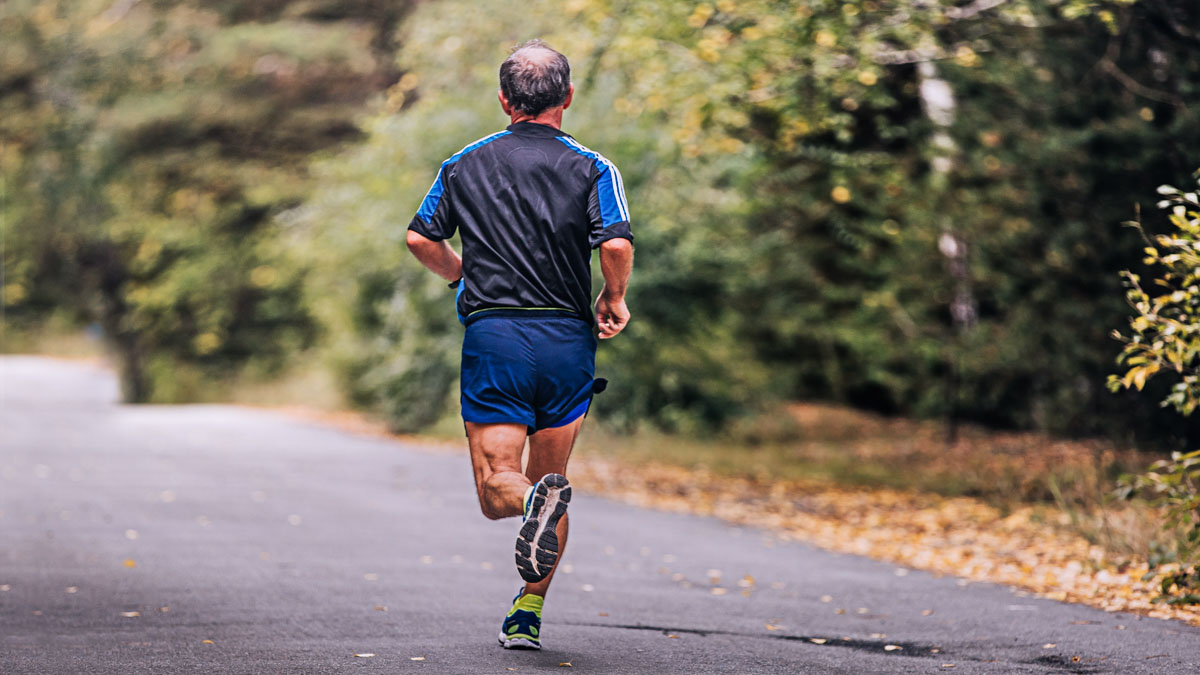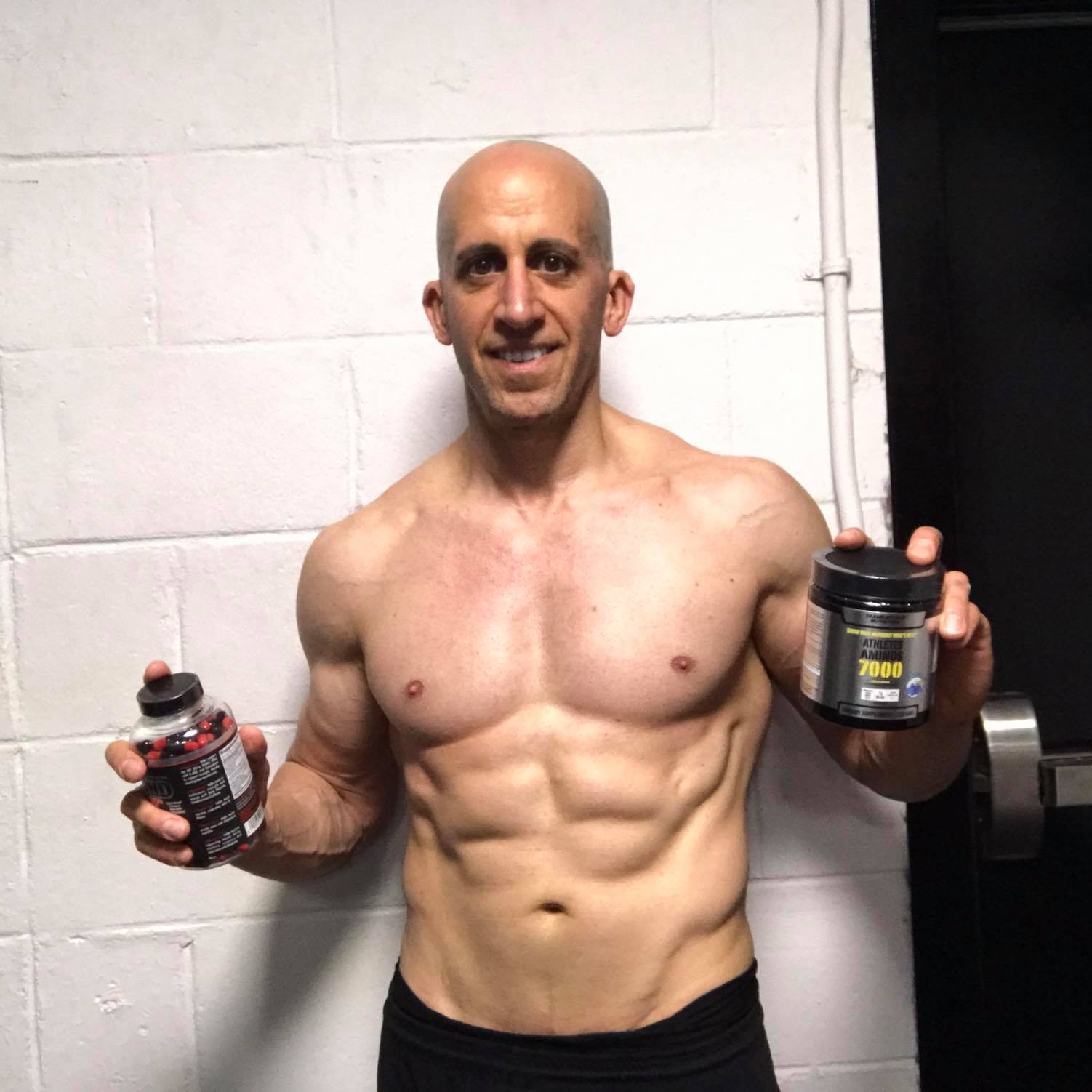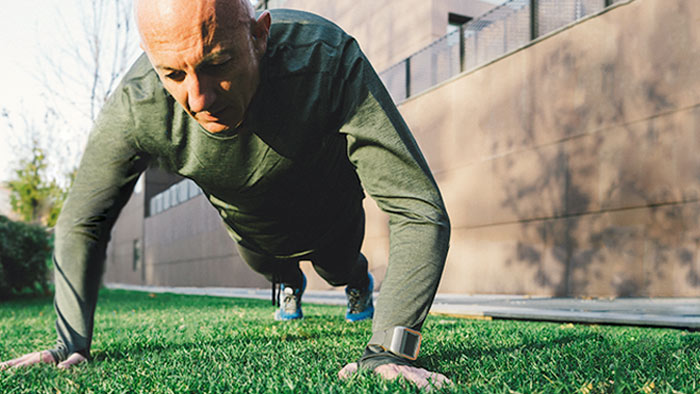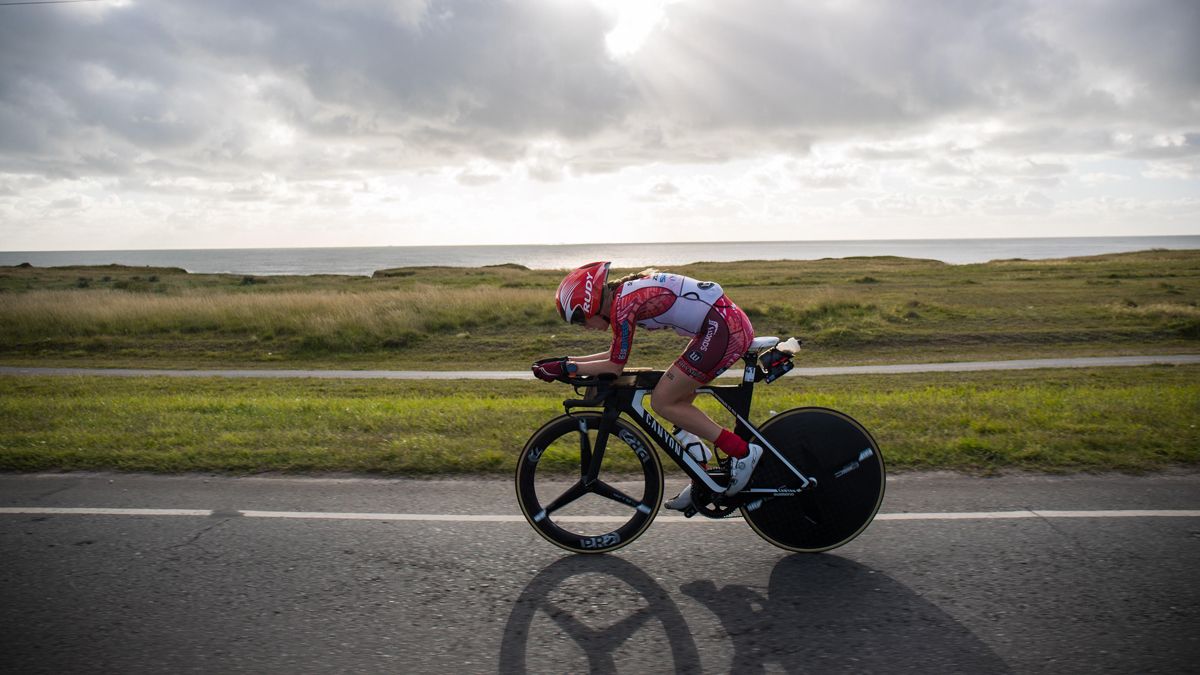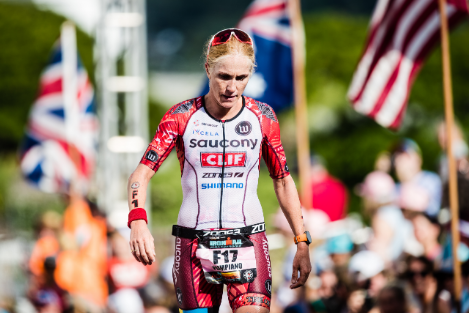Testosterone Replacement Therapy is an increasingly prescribed way to address a range of age-related health symptoms in men. But despite its potential therapeutic uses, testosterone is still an anabolic steroid, banned both in and out of competition. Some athletes justify it by saying they aren’t going to win or even place in their age group, but those who choose this route may be risking their health (and a possible sanction) when they could maintain their health and performance naturally.
No, masters athletes don’t “need” banned substances to stay fit. Sure, many blame their poor performances, high body fat percentages, etc. on low testosterone, but I’m going to challenge this and say that these symptoms are largely caused by lifestyle choices. You can help your body maintain testosterone levels naturally (and continue to perform athletically) by implementing the following:
- Strength Training: Regular, consistent, year-round weight training can provide a big assist in testosterone production, as well as growth hormone, regardless of age. Higher weights with lower reps generally create the most beneficial adaptations for aging athletes.
- Sleep: Shut it down early and get that 8+ hours of sleep each night. Studies show that daytime testosterone levels can decrease as much as 10-15% with sleep restriction.
- Everyday Nutrition: General weight loss, especially losing body fat, can help to assist in boosting testosterone levels, so ditch the fad diets and commit to a realistic, healthy nutrition plan.
Beyond testosterone levels, there are also some tweaks athletes can make to generally feel better in training as they age:
Revisit Your Work-to-Rest Ratio
To maintain a high level of performance, many masters athletes fall into the trap of doing more and harder training, when in fact, the key to success is a healthy work-to-rest ratio. As you age, recovery simply takes longer, so trying to get after your next workout before you’re ready will only create a negative stress response, rather than the positive adaptation you’re hoping for.
Sure, masters athletes can throw down some serious workouts; but the key is to give your body the necessary time to recover. If you need an extra day off, look at it as increased recovery that will lead to a better workout tomorrow. By closely monitoring your work-to-rest ratio, you will minimize risk of injury, illness, and overtraining—and your workouts may even be more productive than when you trained “harder.”
Consider BCAA Supplementation
Another big assist for masters athletes to help with repair and recovery is to supplement with BCAA (Branched Chain Amino Acids). These three essential amino acids can’t be produced by your body, so you need to get them through either food (think protein-rich foods like meat, dairy, and legumes) or supplementation. BCAA’s have been proven to reduce fatigue and soreness, as well as facilitate muscle-protein synthesis. These factors become a bigger deal as you age and your recovery process slows.
I get it, no competitive athlete likes to miss a workout, and it can be tempting to search for a quick-fix to all of your age-related symptoms. But I encourage you to try some healthy lifestyle changes and a more generous approach to recovery time before turning to banned substances.
References
Effect of 1 Week of Sleep Restriction on Testosterone Levels in Young Healthy Men
